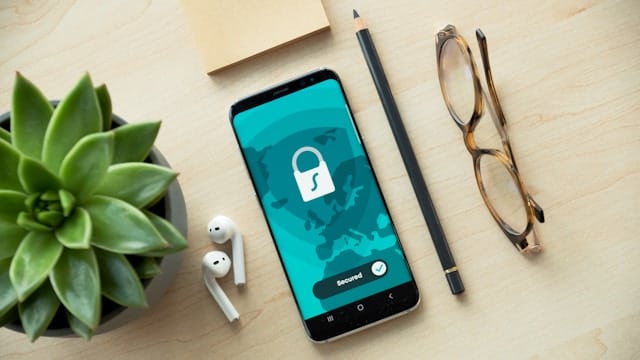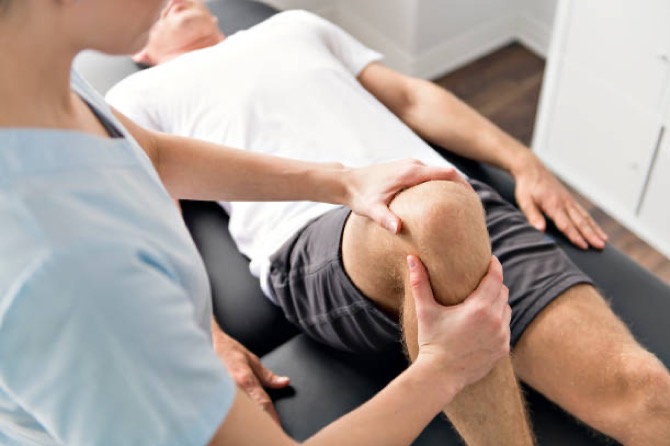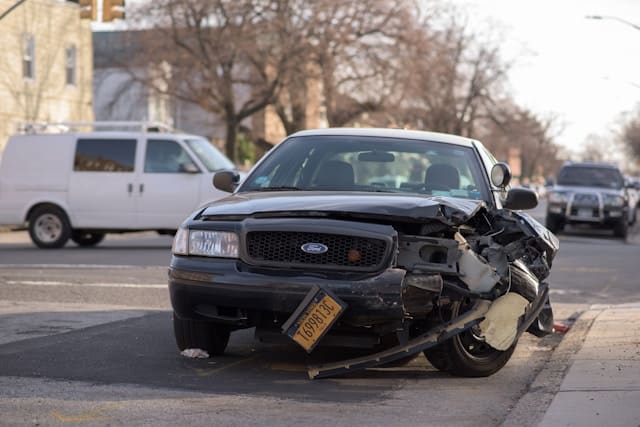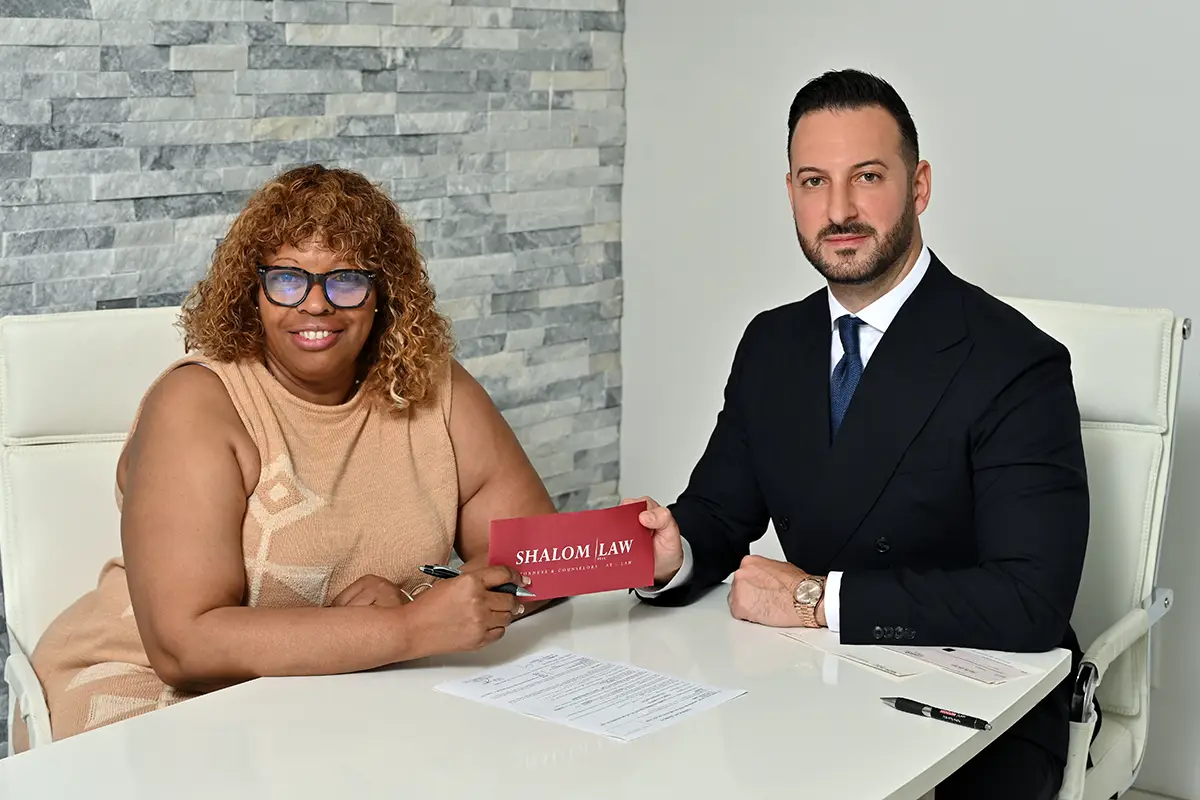Photo by Dan Nelson on Unsplash
Through the various social media platforms ranging from Instagram, Twitter, Facebook, Snapchat, and LinkedIn most of us fall in the category of the 3.6 billion[i] social media users.
Social media is seen to be a great solution to connect with friends, families, and peers and explore different marketplaces.
Many social media users utilize different social media platforms to post about their life. Whether that be at the movies, at dinner, or on vacation, social media allows others to view what you are doing.
If you are involved in a personal injury case, here at Shalom Law, PLLC, strongly advise being cautious about your social media accounts. Insurance companies and other attorneys may use your social media posts against you when filing a claim or in court.
Privacy On Social Media
Before posting a picture or video on social media, you should carefully think about whether you should post this on social media or not.
Many people believe that if their account is private then only their friends and followers can see their postings. However, this may not be the case. People are now finding ways to publicly share your private images or videos[i] without your permission and you may not know who had done this nor how many people saw the posts.
If your account is “public” during the time of your personal injury case, switching your account to “private” may make it harder for lawyers and insurance companies to view your posts.
Posting On Social Media During Your Personal Injury Case
Here at Shalom Law, LLPC, we strongly advise you to not post anything on your social media accounts during the time of your personal injury case.
We advise you to especially not post any images or videos about your accident, injuries, or recovery.
When signing up for social media accounts, you are agreeing to the website’s terms & conditions[i], allowing law enforcement and other investigators to legally use your postings against you.
If you post anything in context to your accident, you are feeding the lawyers and insurance companies more information against you.
Deleting your social media accounts
Although insurance companies and other lawyers may be looking at your account, there is no need to delete every social media platform you have.
We want you to enjoy social media and catch up with friends and families, we just encourage you to be cautious during this time.
Friend requests
On most social media platforms, if an account is private people will send a friend request, so they are able to view your profile. Your profile may contain images and videos you only want a select group of people to see, so be careful when accepting friend requests.
During the time of your personal injury case, we advise that you do not accept any new friend requests.
Many people can make accounts under fake identities pretending to be a friend. Strangers surround social media. Being cautious about who you allow to follow you is critical during your personal injury case.
Commenting
Commenting under a friend or a follower’s social media posts shows how we feel about that person or their context.
During the time of your personal injury case, we advise that you are very cautious about what comments you make under someone else’s social media post.
Remember that although your comment may not be under your account, the comment can be publicly seen and possibly used against you.
We leave the social media up to you, leave Shalom Law, PLLC, with your case!
If you or a loved one has been involved in an accident involving personal injuries, please seek medical assistance first.
Next, call an experienced Personal Injury Attorney. You will need an attorney on your side who knows how to best utilize your medical records to substantiate your claim for losses while also navigating around the evasive tactics of insurance companies. The attorneys at Shalom Law can do just that. We are prepared to fight hard for you to ensure your rights are protected and you receive the maximum compensation you deserve. Call us today for a free consultation: (718) 917-9474.







